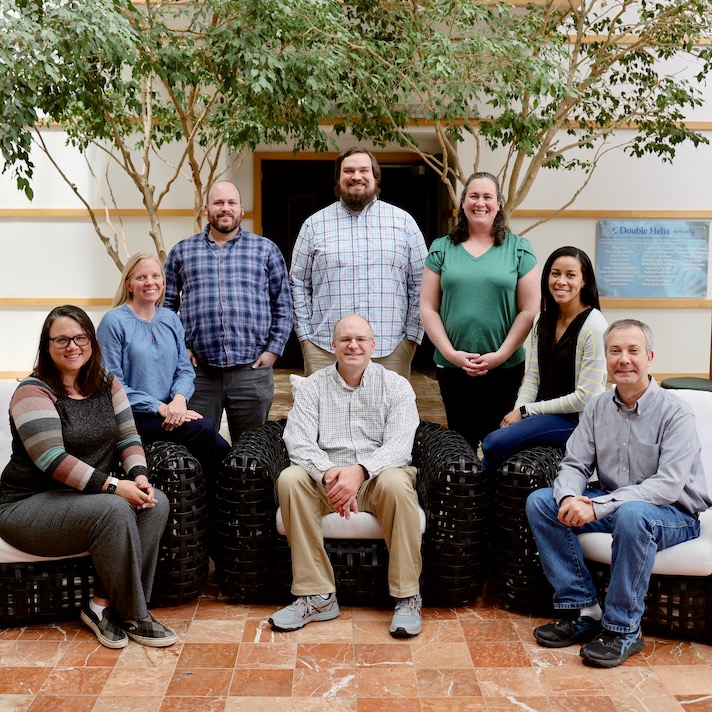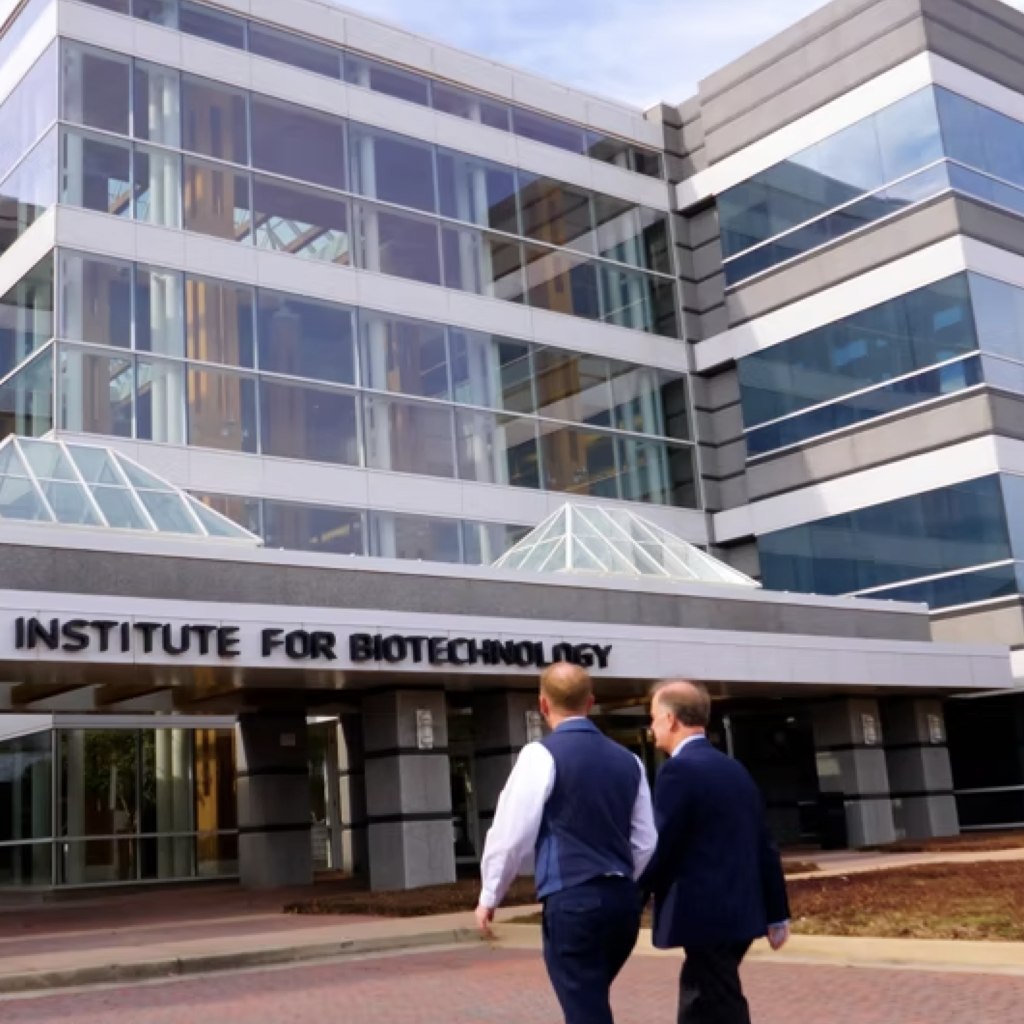Researchers from the Myers Lab at the HudsonAlpha Institute for Biotechnology have published the results of a study illustrating that distinct nuclear receptor transcription factor (LXR and PPARG) gene regulatory programs elicit common phenotypic effects in a colorectal cancer cell line. Their findings are published online this week in Genome Medicine.
“As we performed our experimentation across distinct time points after nuclear receptor activation, we address a basic science question to understand how two distinct transcription factors dynamically interact with the genome in a complex and organized manner,” said lead author Dan Savic, PhD. “Our results highlight the complexity of the genome, but perhaps more importantly, our multi-tiered strategy allowed us to provide a detailed molecular map of metabolic reprogramming in cancer cells through nuclear receptor activation.”
Savic is a postdoctoral fellow in the lab of Richard Myers, PhD, president, science director and faculty investigator at the Institute. The Myers Lab led the study project in collaboration with the Sara Cooper Lab at HudsonAlpha as well as researchers from the University of Utah and New York University.
“These results provide important details on how LXR and PPARG are reprogrammed in cancer cells,” Myers said, “which is important because these nuclear receptors could potentially serve as attractive therapeutic targets for the treatment of various cancers.”
Other authors on the paper include HudsonAlpha faculty investigator Sara Cooper, PhD; Brian Roberts, Emma Dean, Todd Burwell, and Sarah Meadows all of HudsonAlpha; Ryne Ramaker of HudsonAlpha and the University of Alabama at Birmingham; Michael Garabedian, PhD, of New York University; and Jason Gertz, PhD, of the University of Utah.


